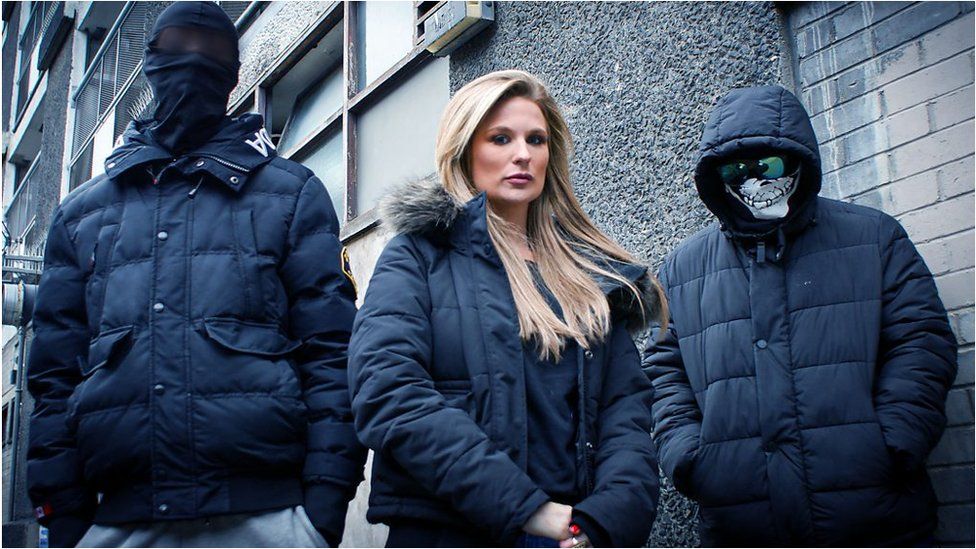文章管理 查看文章



Known for making documentaries with some of the most notorious criminals in the world, investigative journalist Livvy Haydock had a shock closer to home when she was diagnosed with multiple sclerosis (MS). But she found support from the most unlikely people - the criminals she inter messages, pretending to be a woman and saying how "hot" he was.
"He's in the hospital and says 'Come see me,' so the rival gang went to see him in hospital and attacked him. It was outrageous," she says.
Another of her favourite contacts to talk to about life with a disability is a reformed gang member based in the US. At the height of his notoriety he ran 30 drug-houses in Dallas. Then his gang turned on him.
"They shot him in the head - that bullet went straight through both optic nerves and they left him to die. He somehow managed to get up, and he's now completely blind," she says.
Some of the criminals Livvy speaks to are also carers for their disabled friends and family.
"So many youngsters are looking after their parents. I won't justify their crimes with it, but it's having that insight into what is pushing them into needing money," she says.
Livvy's MS affects her legs, vision and she gets shooting pains down her sides like "electric shocks" - a well-known MS symptom.
She can also struggle with finding the right words - "I end up saying bizarre sentences because the messages in my brain don't work."
Her treatment involves an infusion every six weeks to help reduce the amount of damage and scarring to the myelin sheath.
The condition has also raised other issues she wasn't expecting to confront, like whether to tell prospective partners about her MS.
"It's hard enough trying to date," she says. "I want to meet someone and settle down, but this feels against me."
As a freelancer, she's now having to rethink her life-plan and career, to ensure she manages her money, health and safety in her unusual job.
"It's a tough industry and I'm always scared to take time off," she says. "You don't say no to jobs because you worry they won't ask again."
But even if her career does take a different turn, she plans to continue confiding in her contacts who understand what she's going through.
"There's a gentleman I know who spent an awful lot of time in prison and actually fell off his bunk which caused horrendous injuries to his back. We talk quite a lot because we can relate so much.
"It's quite funny, we go from talking about robberies to 'How's your health?'"
You can listen to the podcast and find information and support on the Access All page.
Related Topics